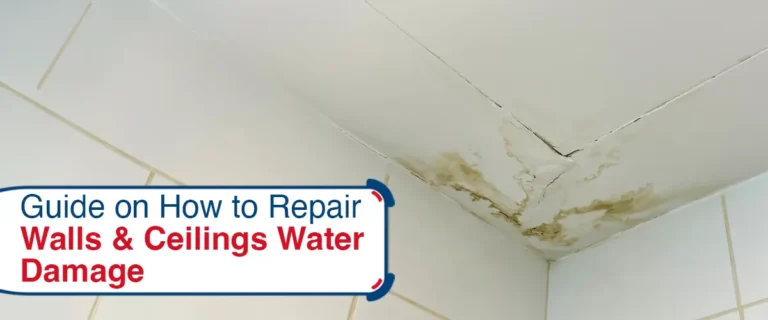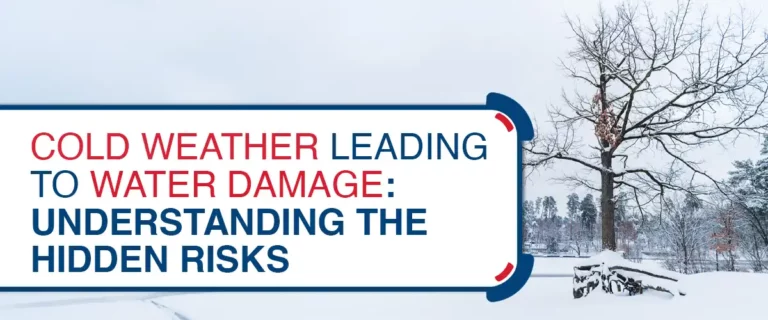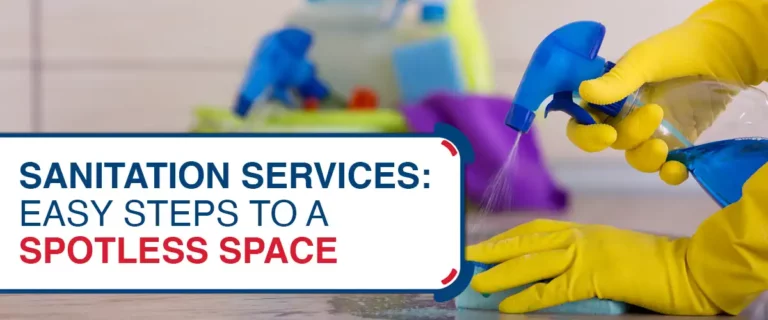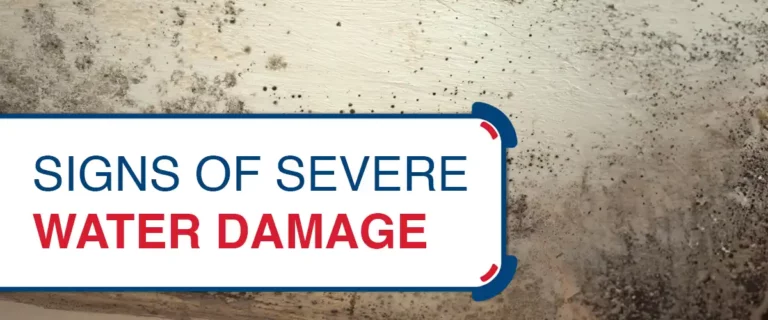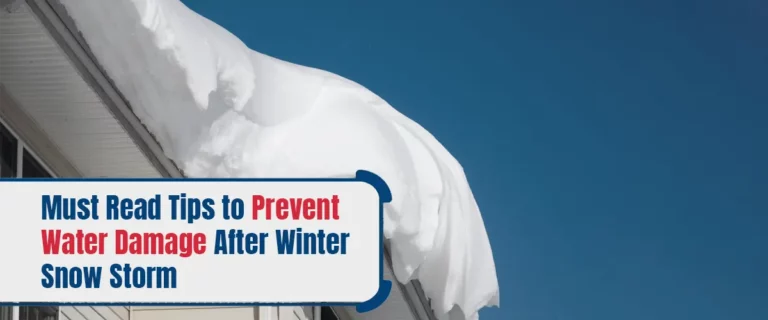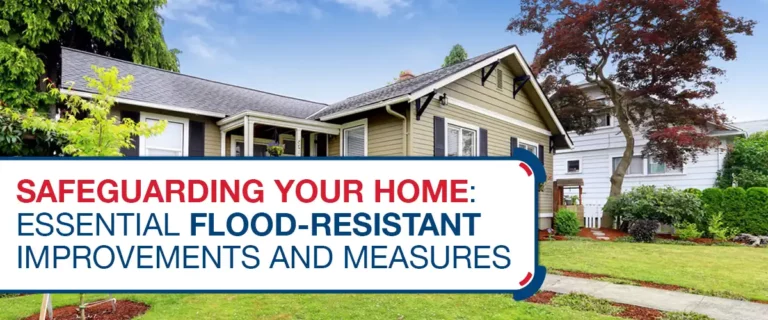In today’s ever-changing climate, understanding the various types of water damage caused by weather hazards is crucial for homeowners and property managers. From torrential rains to severe storms, nature’s fury can wreak havoc on structures, leading to extensive damage and financial losses. This comprehensive guide delves into the different types of water damage resulting from weather-related events, offering valuable insights and practical tips on mitigating risks and protecting your property.
Weather hazards have become increasingly unpredictable, leaving properties vulnerable to water damage. From sudden downpours to harsh winters, the consequences of these events can be disastrous. Understanding the different types of water damage is the first step toward effective prevention and mitigation.
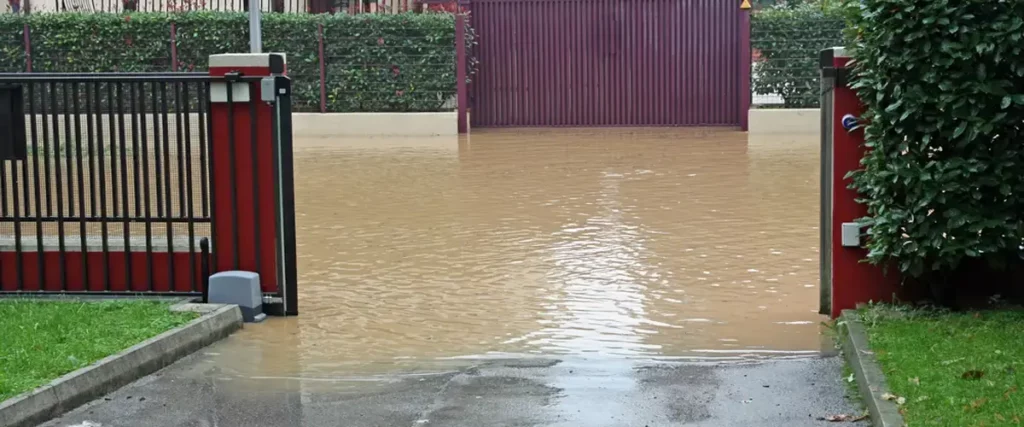
Flood Damage: When Waters Rise
Floods are among the most devastating natural disasters, causing widespread destruction and leaving a trail of devastation in their wake. Floodwaters can seep into buildings, saturating walls, floors, and belongings. The aftermath of a flood can include structural instability, mold growth, and irreparable damage to valuables.
To safeguard your property against flood damage, consider elevating structures, investing in flood barriers, and ensuring proper drainage systems are in place.
Roof Leaks: Battling the Elements
Your property’s roof is its first line of defense against the elements, but is also one of the most vulnerable areas. Heavy and wind-driven rains can exploit even the most minor gaps or vulnerabilities in roofing materials, leading to leaks that can cause extensive water damage over time.
Regular roof inspections, timely repairs, and high-quality roofing materials are essential in preventing roof leaks and minimizing water damage risks.

Foundation Issues: The Impact of Soil Saturation
Excessive rainfall can lead to soil saturation, exerting pressure on a property’s foundation. Over time, this pressure can cause cracks, shifting, and settlement, compromising the structural integrity of the building. Water can infiltrate basements and crawl spaces, causing mold growth and weakening the foundation further.
To combat foundation-related water damage, ensure proper grading around the property, maintain gutters and downspouts, and consider installing a sump pump.
Frozen Pipes: Navigating Cold Snaps
Cold weather brings the risk of frozen pipes, which can burst and cause significant water damage once they thaw. Burst pipes can lead to indoor flooding, extensive property damage, and costly repairs.
To prevent frozen pipes, insulate exposed pipes, maintain indoor temperatures, and allow faucets to drip during freezing conditions to relieve pressure.
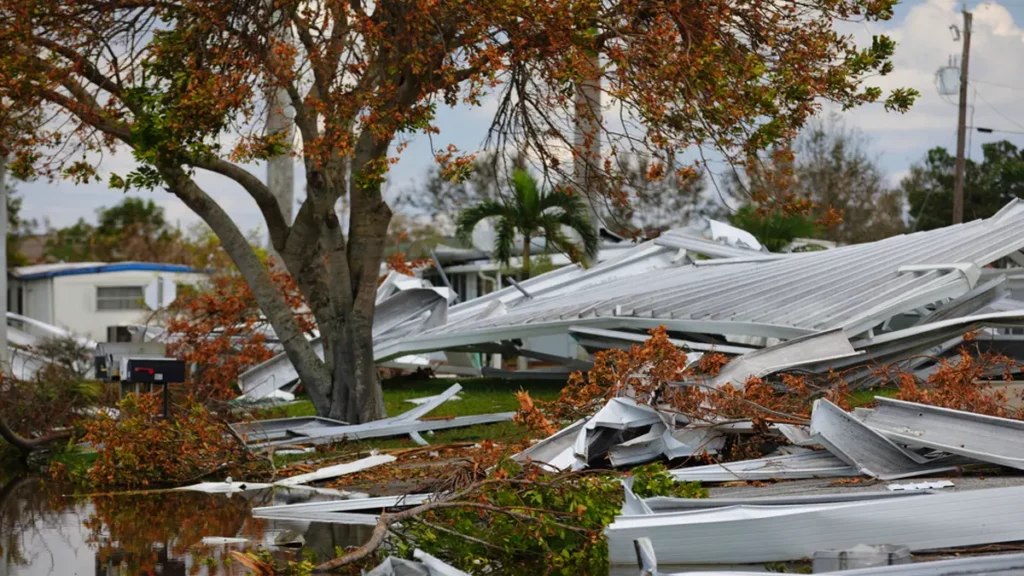
Hurricane Damage: A Force of Destruction
Hurricanes are powerful weather events that can unleash destructive forces, including strong winds, heavy rainfall, and storm surges. Ultimately, these elements can result in catastrophic flooding, roof damage, and structural compromise.
Preparing for hurricanes involves reinforcing windows and doors, securing outdoor items, and having an emergency evacuation plan.

Preventing and Mitigating Water Damage
While nature’s fury can be relentless, there are proactive steps you can take to prevent and mitigate water damage from weather hazards:
· Regular Maintenance:
Conduct routine inspections and maintenance to identify and address vulnerabilities before they escalate.
· Proper Drainage:
Ensure that gutters, downspouts, and grading direct water away from the property, preventing water from pooling around the foundation.
· Sealing and Insulation:
Seal gaps and cracks in the building envelope and insulate pipes to reduce the risk of leaks and freezing.
· Emergency Preparedness:
A comprehensive emergency plan includes evacuation procedures, emergency contact information, and a kit with essential supplies.
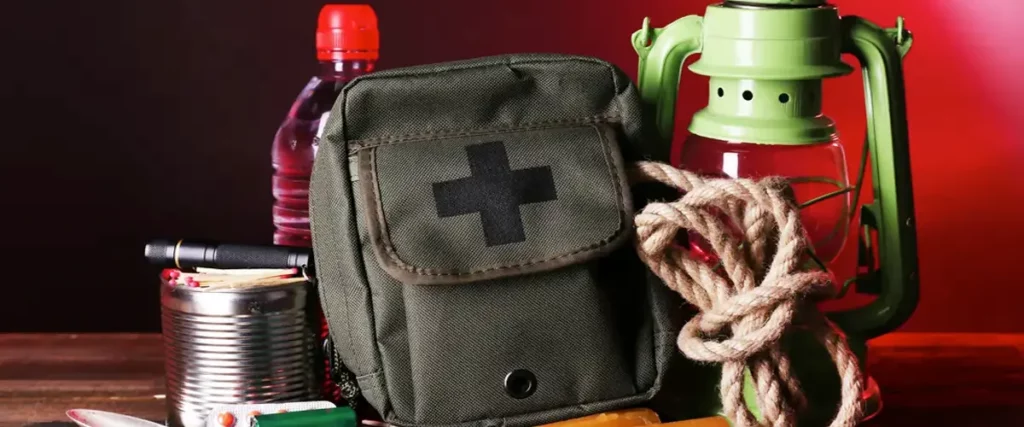
Better Prepared Than Sorry!
Weather hazards are inevitable, but their impact on your property can be minimized with the proper precautions. Understanding the types of water damage that can arise from weather-related events empowers you to take proactive measures to safeguard your property and investments.
Remember, being prepared and informed is the key to weathering the storm and emerging with minimal damage. By implementing the strategies outlined in this guide, you can fortify your property against the unpredictable forces of nature and ensure its longevity. If you are ever in need of emergency water damage services in Kansas City, contact water damage service in Kansas City for help.



